As the world starts to reopen, healthy buildings will become the new gold standard
Oslo, Norway (28 September 2021) — More than a hundred people from all over Europe gathered last week at the Air Summit in Oslo’s Gamle Museet. The conference, hosted by Airthings, a global leader in indoor air quality solutions, brought together international leaders from the proptech industry to explore the future of our buildings and how we can make them healthier, smarter, and more sustainable.
The event gathered speakers and attendees from the UK, Netherlands, Germany, Sweden, Denmark, Poland, Italy and more, and the speaker lineup included heavy-lifters like Proptech Norway's founder, Henrik Botten Taubøll, RESET’s president Stanton Wong, Infogrid’s VP of Revenue Ross Sheil, as well as Hemsedal's Municipality Odd Magne Anderdal and Frydenbø's Eiendom Håvard Fjæreide.
Taubøll kicked off the day with a keynote about the future of the industry, innovation and the effects of Covid: “As the global pandemic started in March 2020, buildings in Norway shut down and home offices became the new norm. Yet, the energy spent in these buildings was the same, even without people using them.”
This is a problem that sensor technology can help with. Stanton Wong, President of RESET, joined remotely from Shanghai to advocate for continuous monitoring of indoor air quality in buildings—a requirement for getting a building RESET-certified. “Continuous monitoring is the difference between monitoring and just seeing a quick glance at the health of your building.” RESET is a set of standards and assessment tools and services that help property owners develop actionable, long-term strategies towards health and sustainability for the built environment.
16% in energy savings
Fjæreide also covered the topic of continuous indoor air quality monitoring and energy savings. With data-driven insights into the air quality inside a building you can optimize energy consumption, save costs and reduce the building’s carbon footprint—all while improving occupant health and productivity. Frydenbø Eiendom has already reduced the energy bill by 16% using sensors and now aims at surpassing 20%.
1 in 2 uncomfortable returning to the workplace
Another key topic at the event was the safe reopening of buildings. As the pandemic continues, schools, offices, and commercial buildings everywhere are looking for effective strategies to ensure their indoor environments are safe for occupants. Ross Sheil from Infogrid talked about how AI and IoT can be leveraged to ensure healthy buildings and pointed at shifting consumer expectations. According to a survey by Infogrid, 1 in 2 employees are uncomfortable returning to the workplace and 61% would feel better if they had data on the healthiness of the building.
New CO₂ regulations
As a response to the current situation, Airthings announced during the event a new product addition to its portfolio: View CO₂ for Business. The new battery-operated, wireless sensor helps schools, offices and commercial buildings take charge of their air quality by warning them when CO₂ levels get unhealthy. The launch comes at a time where regulations to measure CO₂ in schools are becoming more common. Countries such as Belgium and the Netherlands have already introduced regulations to monitor air quality in schools. The UK and several states in the US, including California, are also looking at implementing similar measures.
All in all, the event highlighted how the topic of indoor air quality has become mainstream since the pandemic started and the opportunity for buildings to both tackle sustainability and occupant health through technology. The event closed with Praktisk Proptech recording a podcast live on stage.
This article was first published on Estate Nyheter.
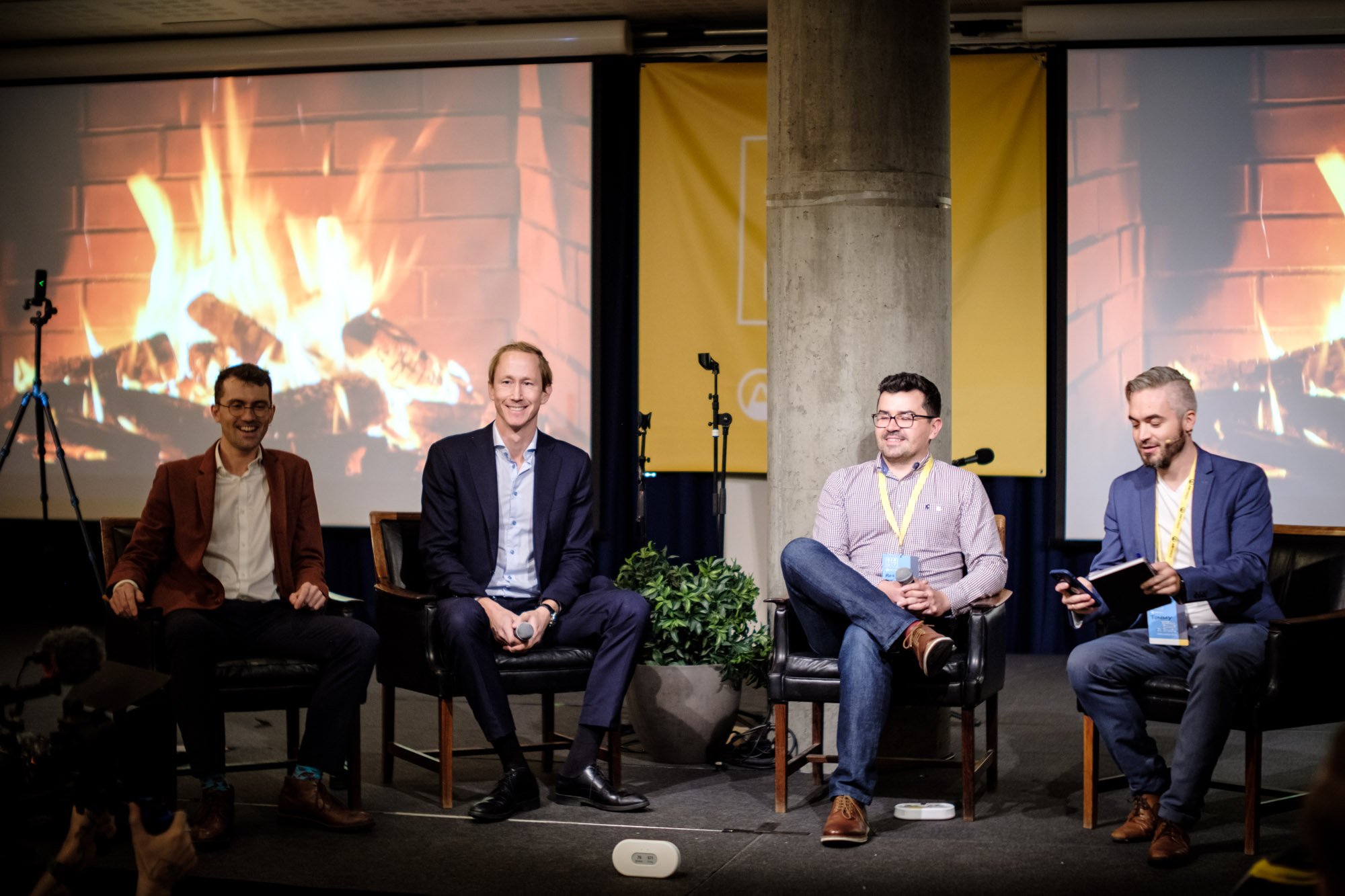

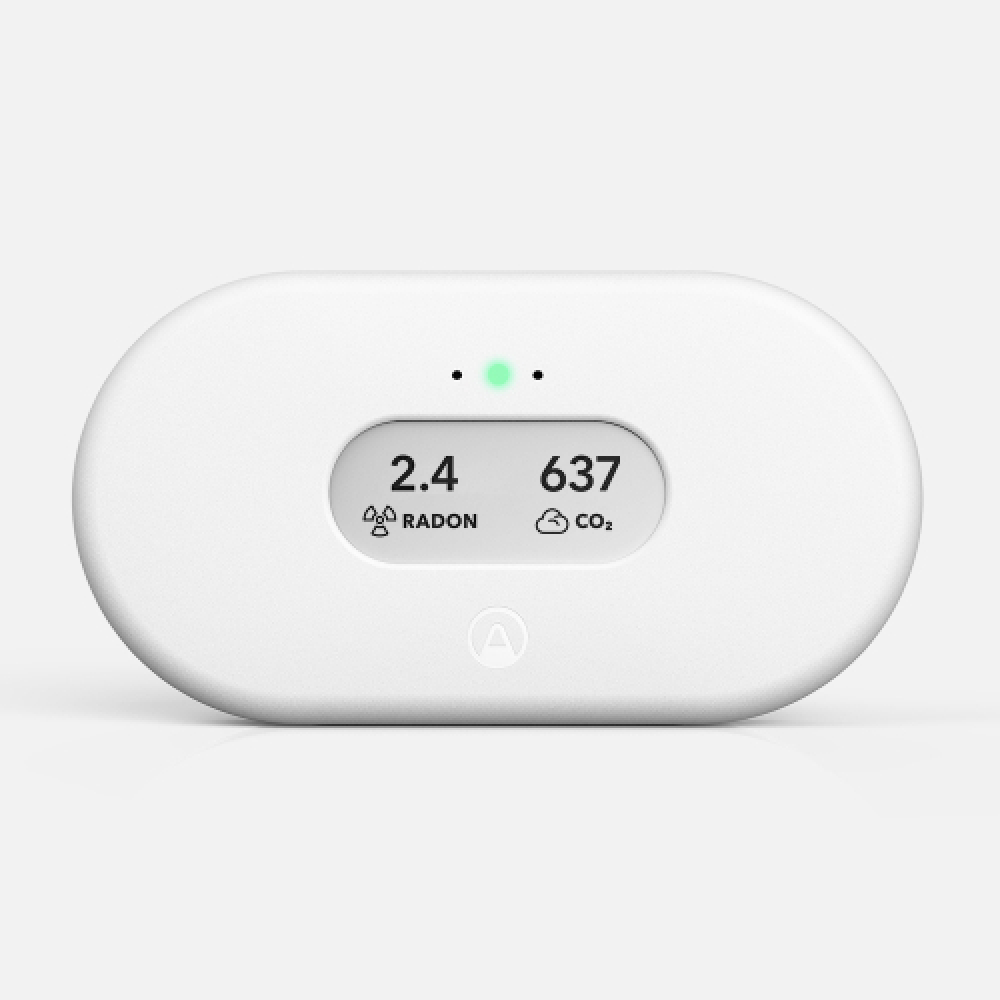
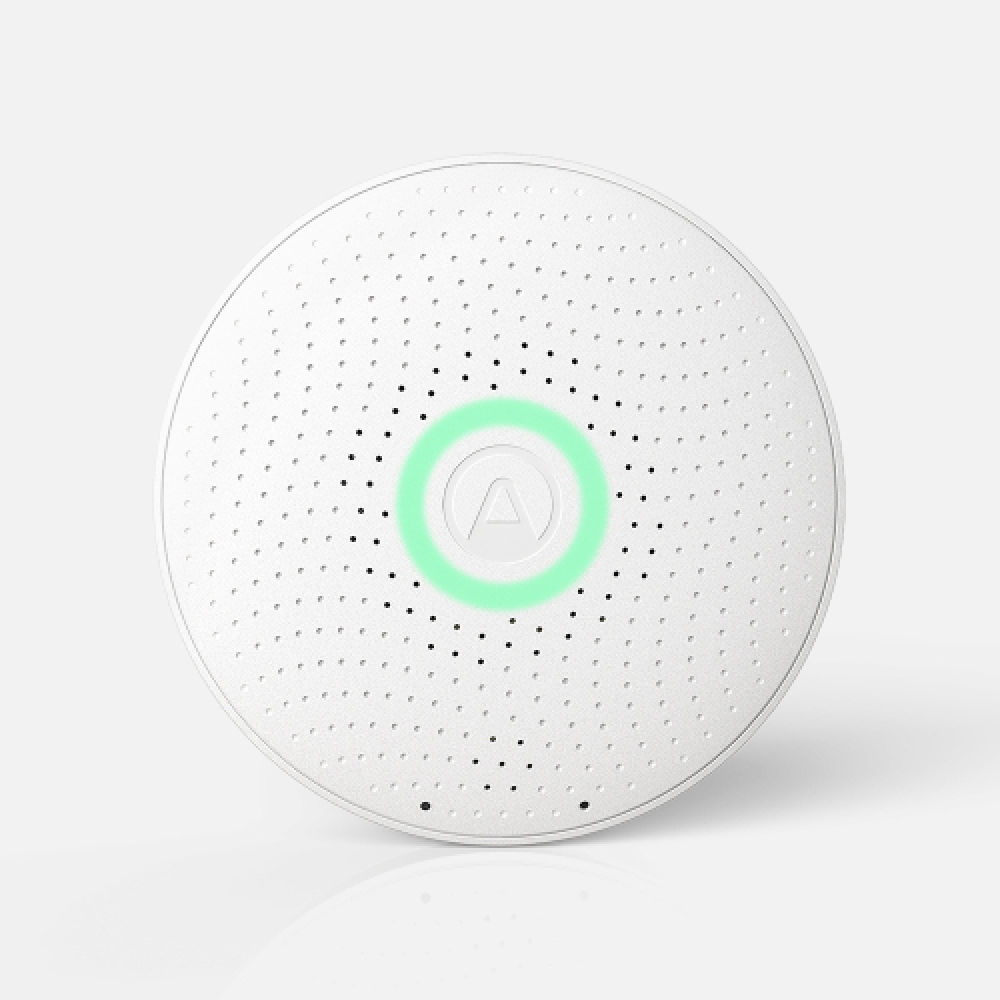
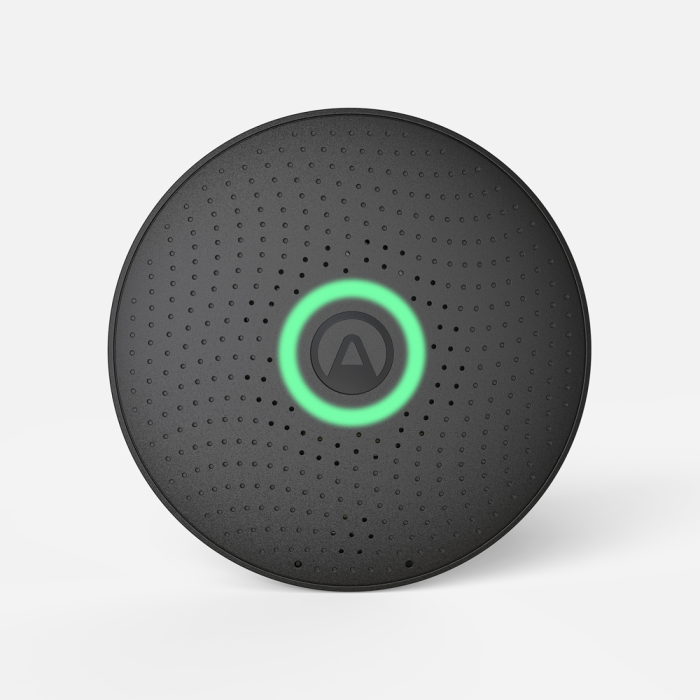
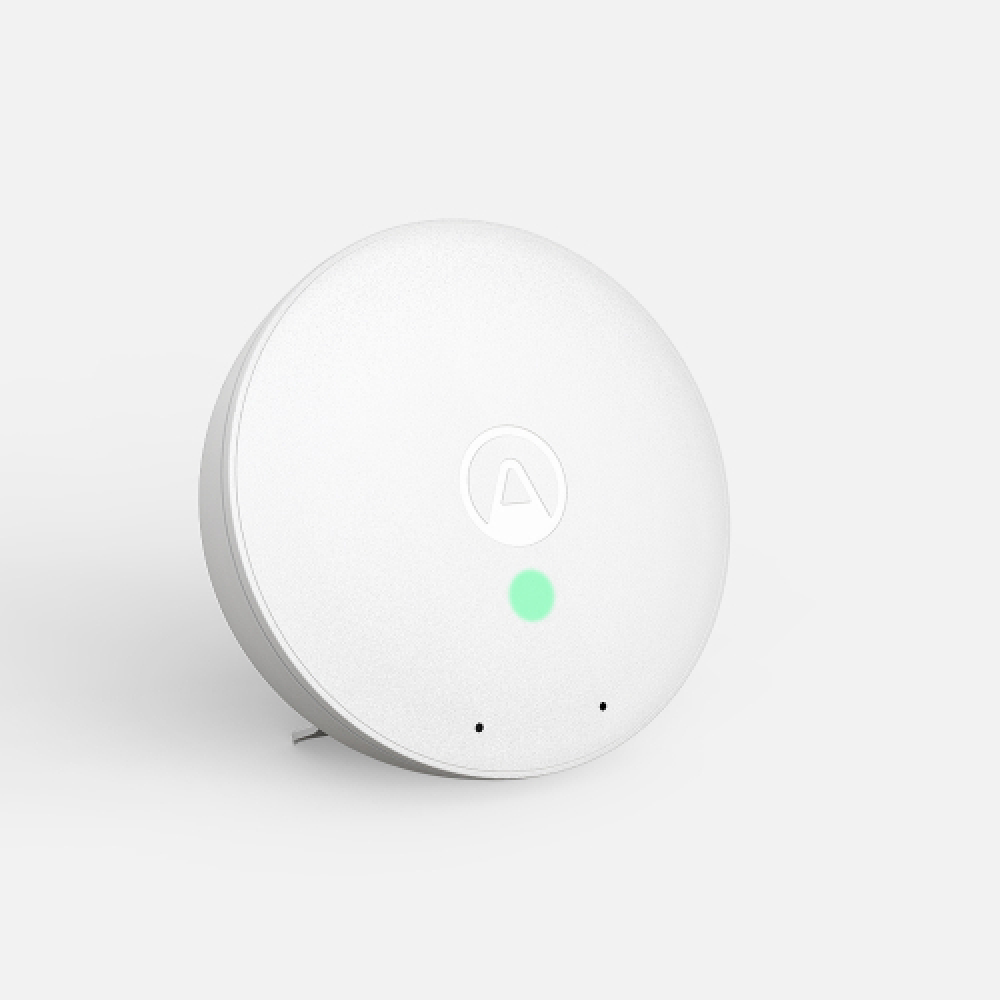
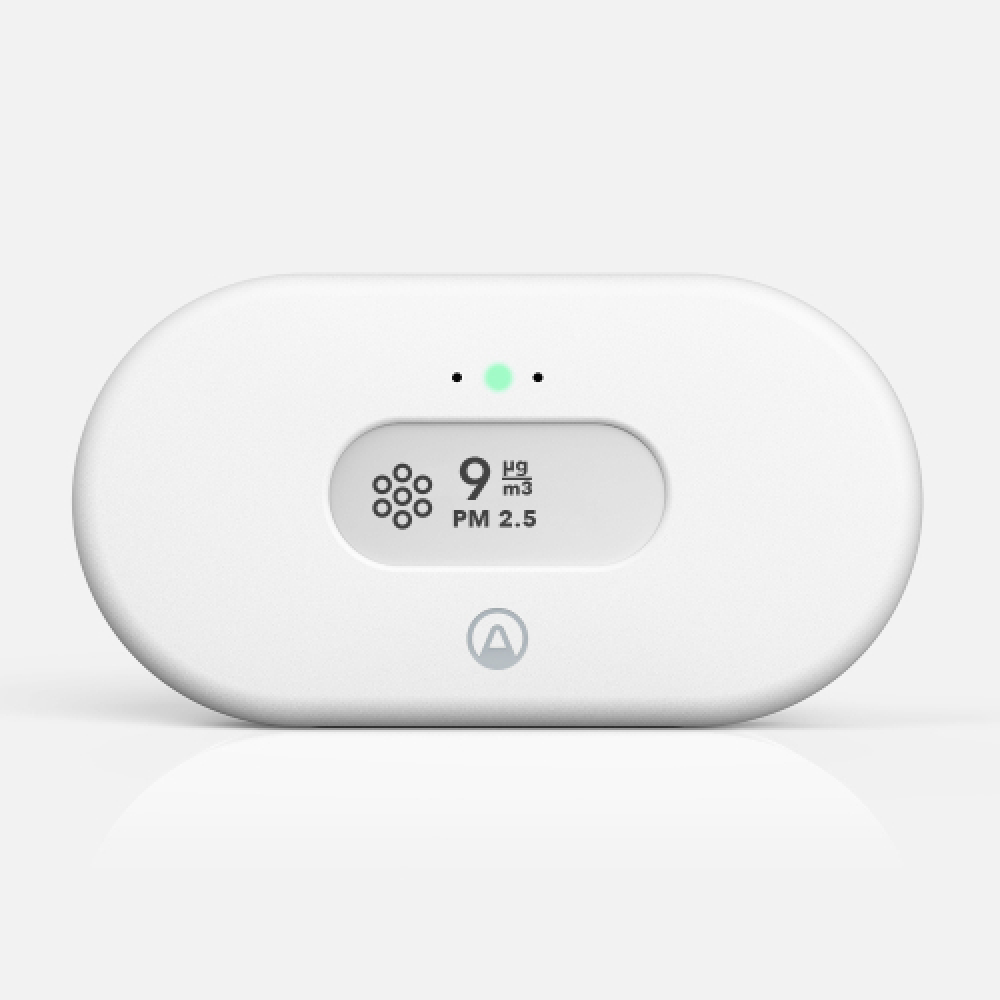
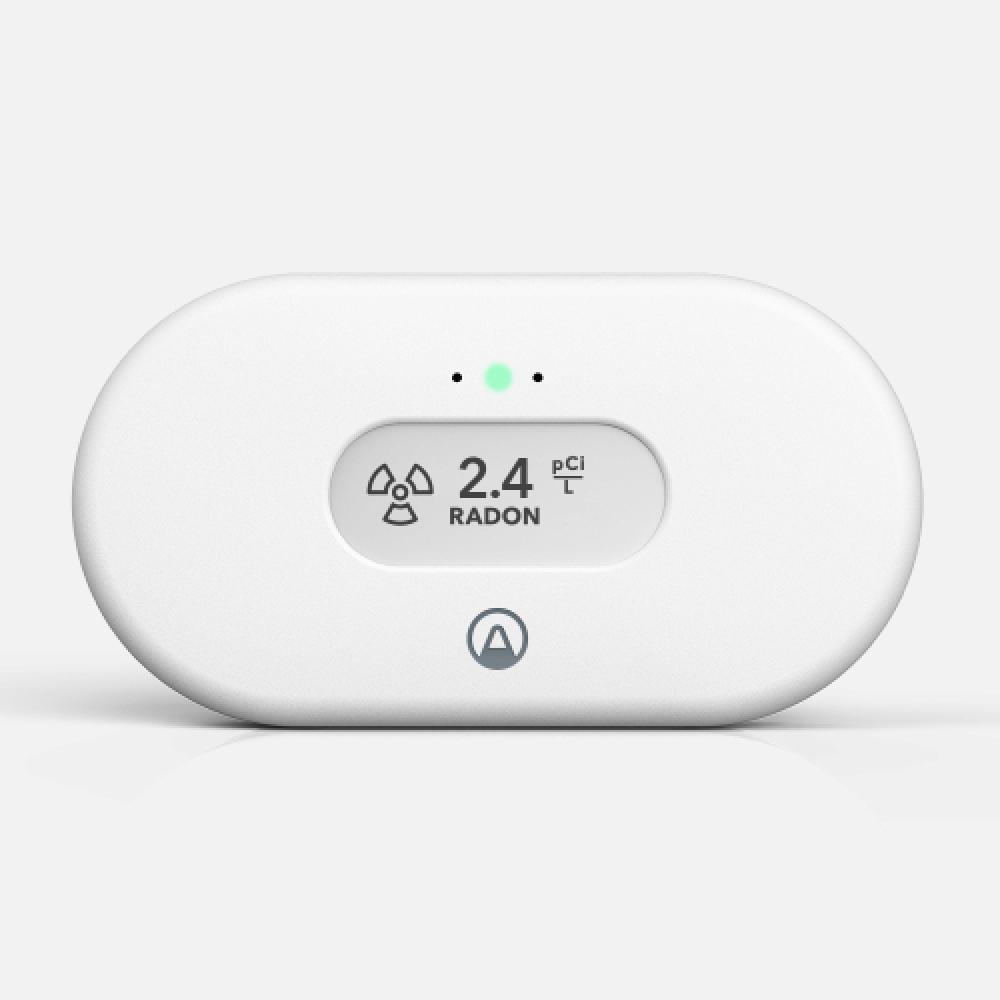
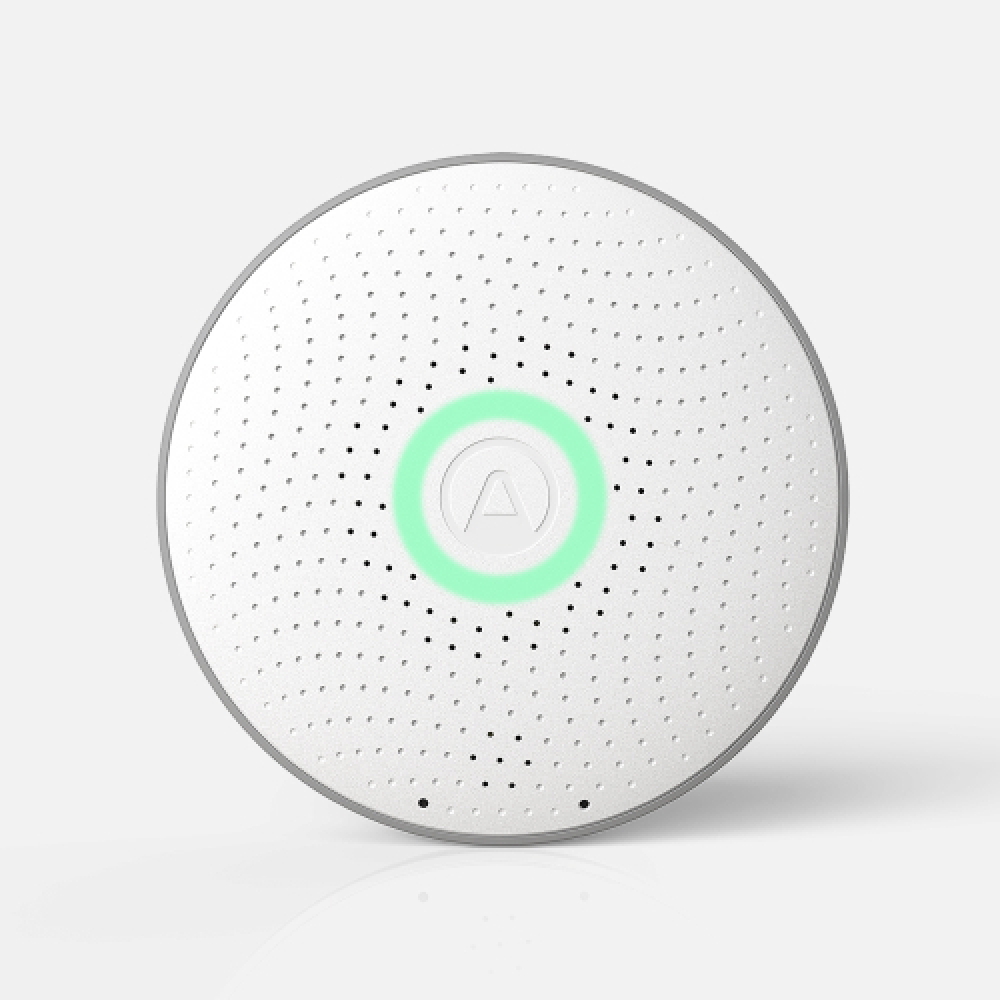
%20(1)%20(1)%20(1).webp)
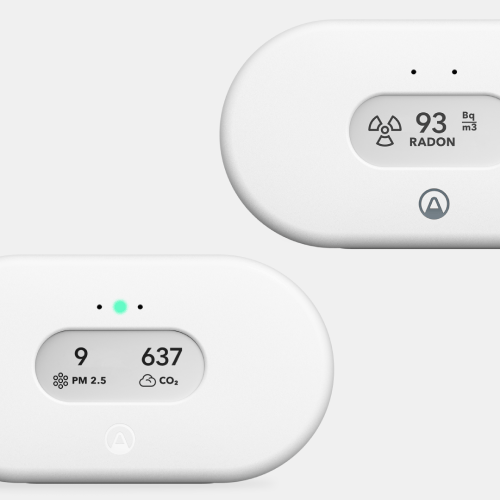
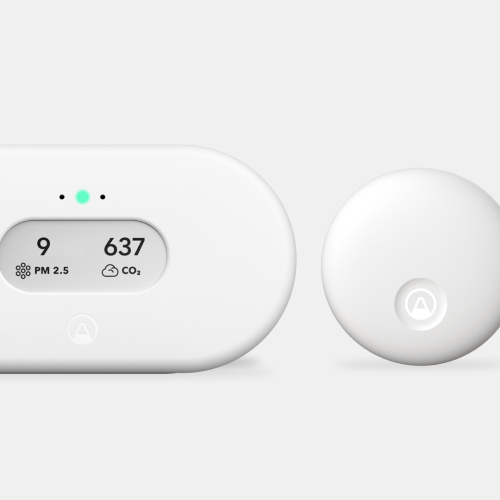
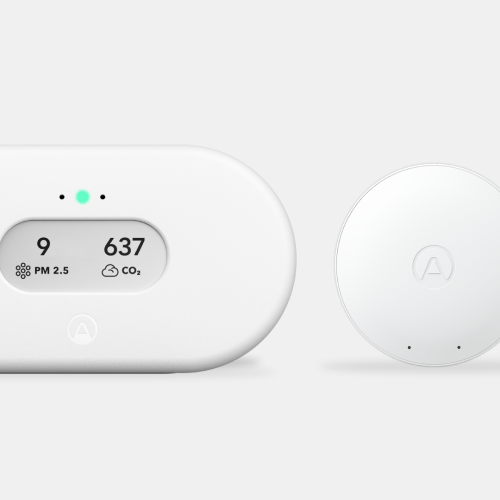
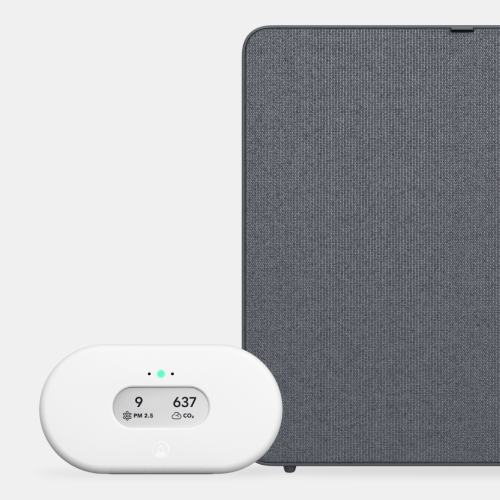
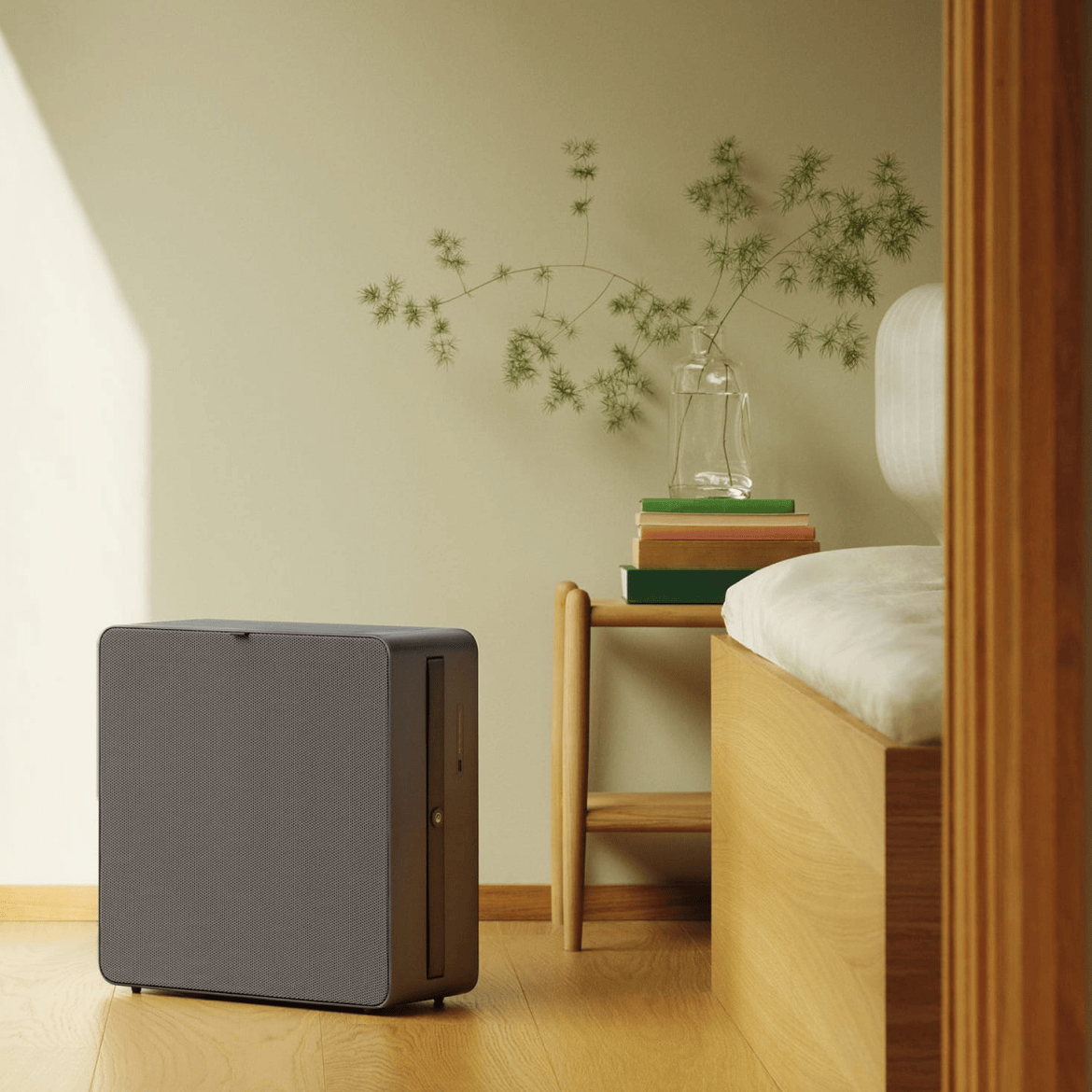
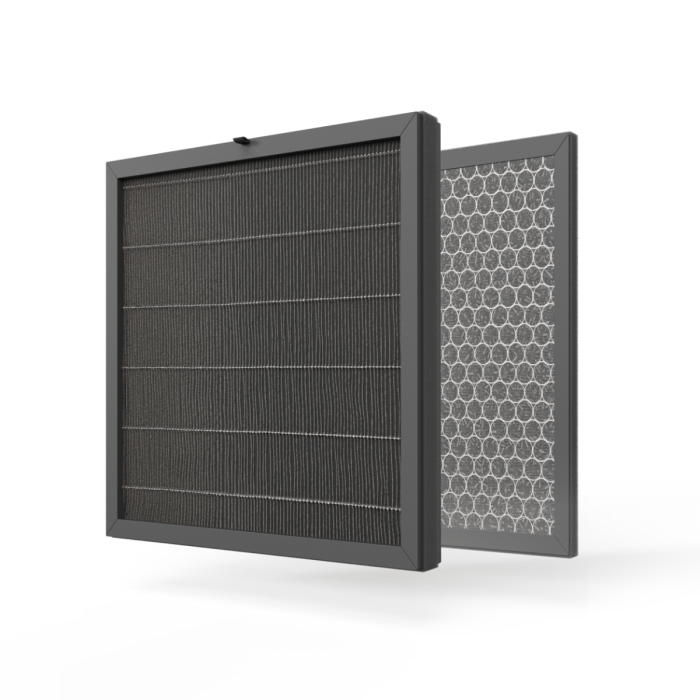
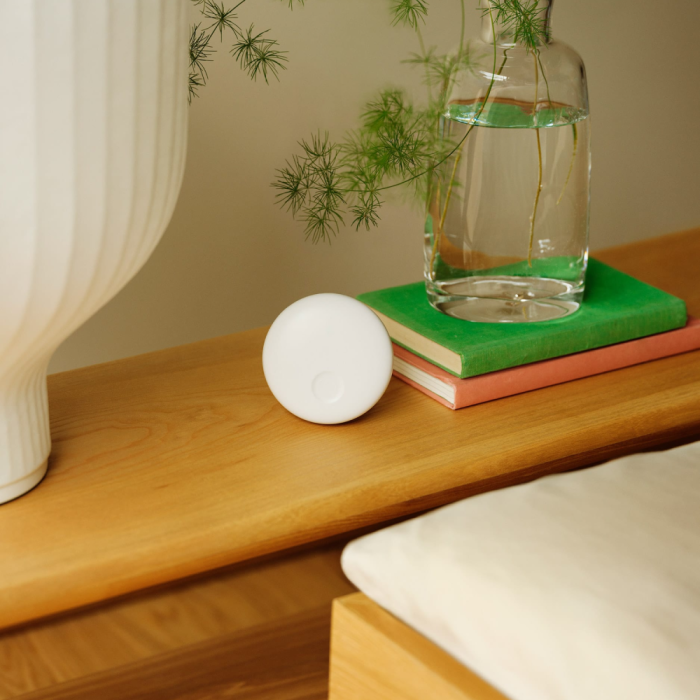
 Back to top
Back to top